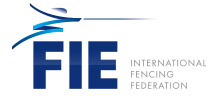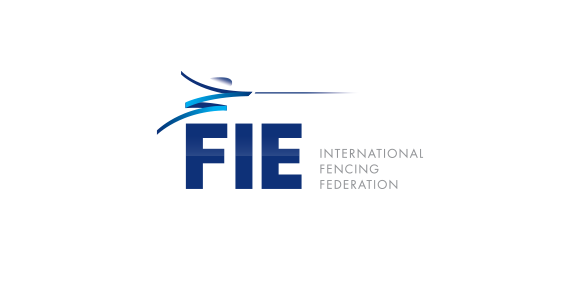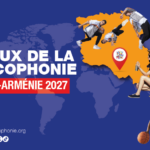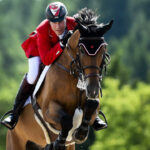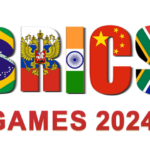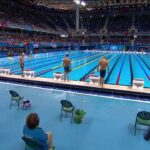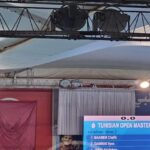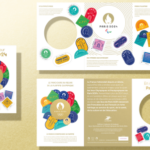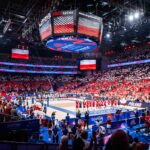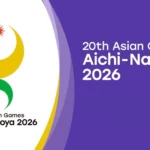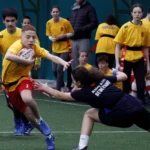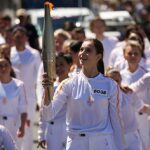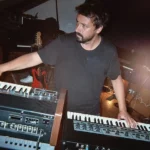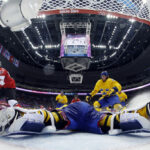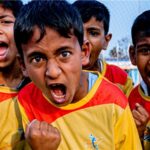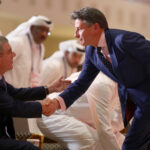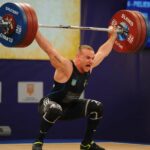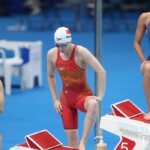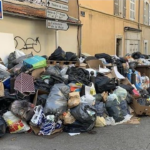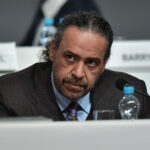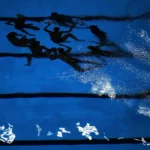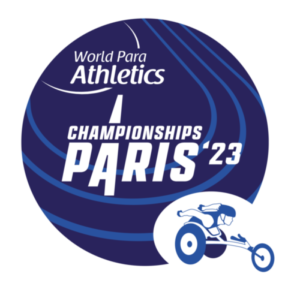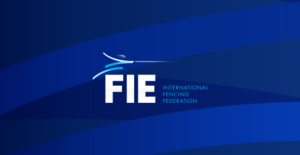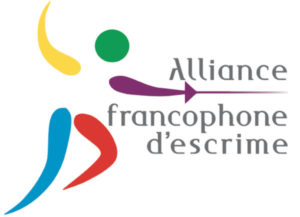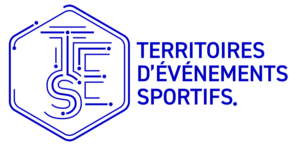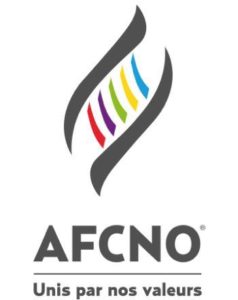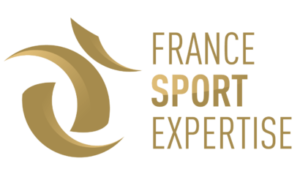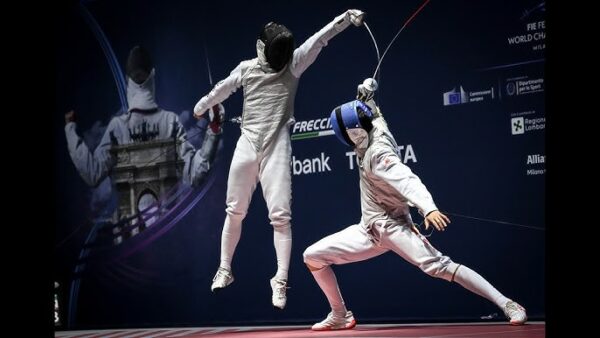
Solidarity and support are no exception in the Olympic movement. They have become one of its pillars, a trend further reinforced by the health crisis.
In fencing, the movement is not new. For more than ten years, its international body, the FIE, has distributed aid to athletes, national federations and continental confederations every year as part of its development programs. With one priority: reaching as many people as possible and not forgetting anyone. Explanations from the administrative director of the FIE, Elena Murdaca.
Athletes. They top the list. For them, the Lausanne-based body has set up an ambitious program to support participation and training. Remarkable fact: it concerns all countries, without exception.
Six times during the international season, the FIE covers the participation costs – travel and accommodation – of one athlete per country participating in major tournaments. The program launched in 2009, after the Beijing Games, concerns the four continental championships (Europe, America, Africa and Asia/Oceania), and the cadet/junior and senior World Championships.
As a bonus, the body finances the participation of around twenty fencers, mainly from countries where the discipline is still in its development phase, in the international training course organized before the Cadet/Junior and Senior World Championships. Flight, accommodation, meals, visa… The support is complete. At the last cadet and junior world championships, organized in April in Plovdiv, Bulgaria, two young athletes who completed the FIE training course – wearing the colors of the Virgin Islands and Taiwan – won a medal. A real success.
Training ? It takes a hybrid form. Every year, the FIE offers athletes two webinars dedicated to anti-doping before the world championships. At the helm, the medical commission of the body and the International Control Agency (ITA). At the end of the year, it joins other international federations to participate in a series of five other webinars devoted to the same theme of the fight against doping.
At the same time, in a less connected format, the FIE deploys at the world championships – cadets/juniors then seniors – stands dedicated to some of its development programs, including fair play and protection. At the last Senior World Championships, in July in Milan, it strengthened the system with a first stand dedicated to sustainability and the environment.
National federations. The second pillar of the building. Around a hundred of them, or around two thirds of the FIE member countries, benefit from assistance with fencing equipment every year. The choice of equipment is up to them. It can be intended for practice (weapons, chest protectors, masks, tracks, etc.) or for the organization of tournaments (scoring machine). Financial support is systematically granted to the federations organizing a stage of the World Cup – for video refereeing – while the organizers of a Grand Prix event or world championships are offered services and support. hardware for displaying results, TV graphics and other technical aspects.
Another gesture that has become a ritual: covering the travel costs – flight and two nights of hotel accommodation – for one delegate per national federation for participation in the FIE annual congress. It is held every year in November or December. In total, the aid benefits around 150 people.
Finally, the FIE is responsible for the partial or total financing of specific projects set up by member countries. Example in South Africa, where a course dedicated to the repair of fencing equipment was organized in September 2022 for five federations on the continent, led by a French expert sent by the international body. In September 2021, similar training was organized in Togo.
Confederations. Since 2015, the FIE has allocated an operating subsidy every year to its five continental confederations (Europe, America, Africa, Asia and Oceania). It also partially finances the headquarters of the body and its website.
Finally, the training program for fencing masters. It is taught in the three academies opened by the FIE, respectively in South Africa, Hungary and Oceania.

